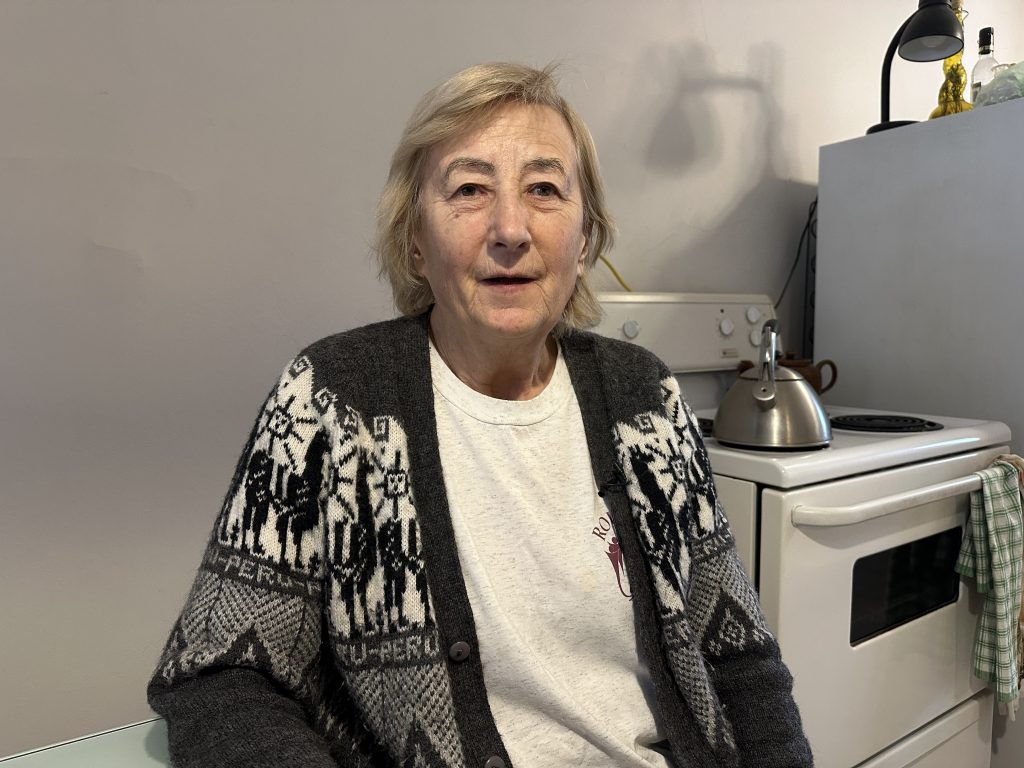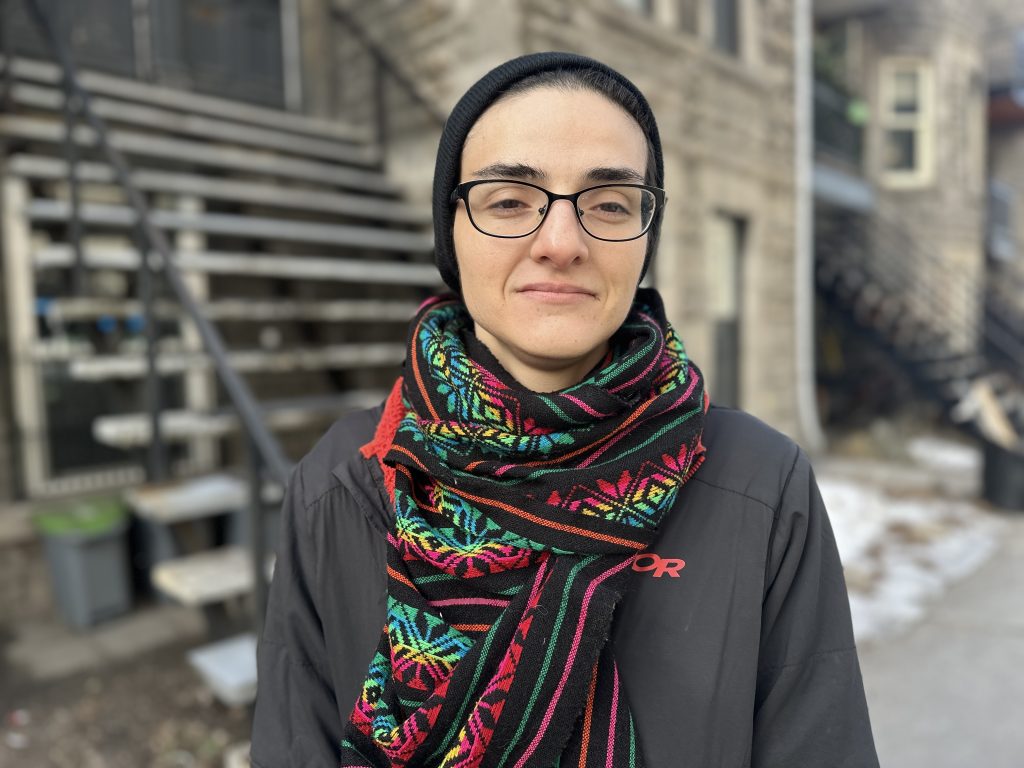Montrealers deal with renovictions amid lowest vacancy rate on record
Posted February 13, 2024 1:59 pm.
Last Updated February 13, 2024 7:02 pm.
Patricia Higgins has been living in an apartment building in Montreal’s Pointe-aux-Trembles for almost 50 years.
She’s now among those facing renovictions, told to leave so the owners can renovat3.
“Uprooting from my home, uprooted from my neighbourhood, uprooted from my neighbours and friends that I’ve made here,” she said.
It’s happening to her and others as rent prices in Canada soared last year, leading to the lowest national vacancy rate on record from the Canada Mortgage and Housing Corp.
“I’ve been looking around for other apartments, they’re more expensive,” she said. “I went to see a seniors’ home but they are so tiny,” adding that she is not mentally ready for living in a seniors’ home.
She says it’s been all hands on deck to try to find her a new place, putting the word out at the community centre and her recreational activities.

“Driving around the neighbourhood. people telling me what they spotted on the road by car, on foot,” she said. “I went to all these places, I went to most of the residences around here, put my name down everywhere, and they’re telling me they were full with a two to five-year waiting list.”
For housing rights group, FRAPRU, the crisis has been worse over the last few years.

“In Montreal where the vacancy rate has continued to go down but also in all the regions in Quebec the vacancy rate is under one per cent,” said Catherine Lussier of FRAPRU. “The equilibrium is supposed to be three per cent, so we are really near actually having nothing really available and the rent has skyrocketted.”
After weeks of searching, Higgins found another nearby complex to live in that had apartments on reserve for extreme cases like evictions.
“Now that I have a new home, I feel better,” she said. “Physically, my high blood pressure was up, I did not eat for two days.”
She’s moving out on April 1, three months before her June 30 deadline to benefit from higher compensation from the owners.
“Right now, I’m paying $600 a month, which is low but I’ve been here for so long,” Higgins said. “At the new place, it will be $1000 but service is included, so the amount they give me will make up for that difference for a few years but I don’t know what I’ll do after that point.”
FRAPRU is calling on the province to build 50,000 social housing units to help counteract the problem.
“All this is the responsibility of the Quebec government and they have done nothing to really change it,” said Lussier. “That’s why we hope in the next budget that they will at least invest what it needs to build enough social housing to answer the needs of the tenants.”
Meanwhile, Higgins says tenants should be cautious.
“It could happen to anyone, it’s just total shock to me and you have to be able to defend yourself, look for resources,” she said.
Higgins says, a volunteer, says her colleagues at the local women’s centre, Centre des femmes de Montréal-Est/Pointe-aux-Tremble and the local housing committee InfoLogis have helped her stay positive.
“I have to think that this new place will be a change for me, forced on me,” she said. “But I have to look forward, otherwise, I will not make it.”



